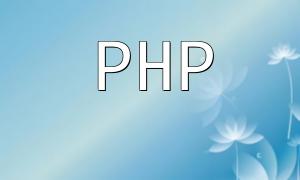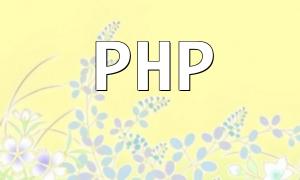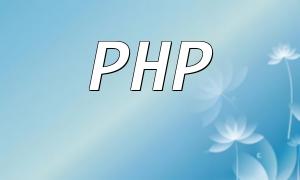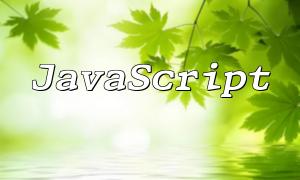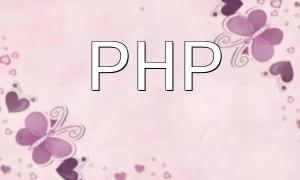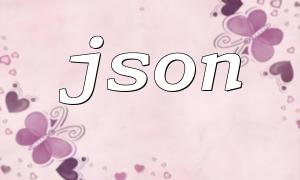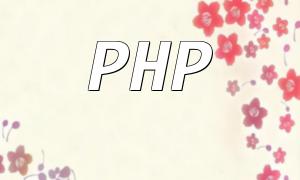In modern web application development, the combination of **Lighttpd and PHP** offers developers an efficient and flexible solution. Lighttpd is a lightweight web server known for its excellent performance and low resource usage, making it highly popular among developers. PHP, a widely-used server-side scripting language, when combined with Lighttpd, can significantly enhance dynamic website functionalities. This article will analyze the application and advantages of this combination.
There are many reasons to choose Lighttpd as a web server, the most notable of which is its **high performance** and excellent support for high-concurrency connections. Compared to traditional Apache servers, Lighttpd excels at handling static files and high-concurrency requests more efficiently.
Meanwhile, PHP, due to its simplicity and ease of use, has become the preferred programming language for many web developers. Especially in the development of content management systems (CMS) and e-commerce websites, PHP allows developers to achieve complex functionality with minimal code, demonstrating excellent performance.
By combining Lighttpd and PHP, developers can achieve a good balance between performance and flexibility. By configuring Lighttpd to support PHP, fast response times for dynamic websites can be delivered. Below are the basic steps for configuring Lighttpd to support PHP:
First, ensure that Lighttpd and PHP are installed on the server. For example, on Ubuntu, you can install them using the following commands:
sudo apt update sudo apt install lighttpd php-cgi
After installation, configure Lighttpd to handle PHP files by editing its configuration file:
sudo nano /etc/lighttpd/lighttpd.conf
In the configuration file, add the following content:
server.modules += ("mod_cgi")
mimetype.assign = (".php" => "application/x-httpd-php")
cgi.assign = (".php" => "/usr/bin/php-cgi")
Save the file and restart the Lighttpd service:
sudo service lighttpd restart
The combination of Lighttpd and PHP offers several key advantages for developers:
In conclusion, the combination of **Lighttpd and PHP** offers web developers an efficient and flexible solution. With proper configuration and optimization, developers can create high-performance, responsive dynamic websites that meet modern user needs. This combination will undoubtedly continue to play an important role in future web development.
